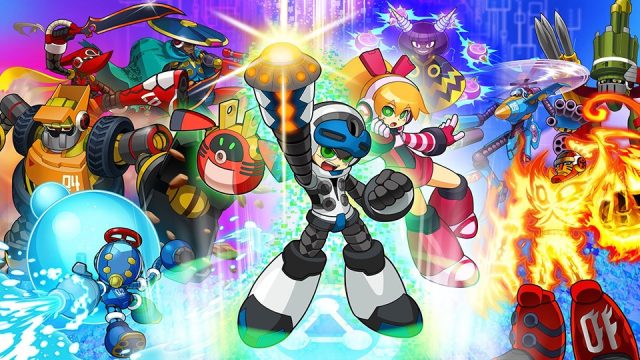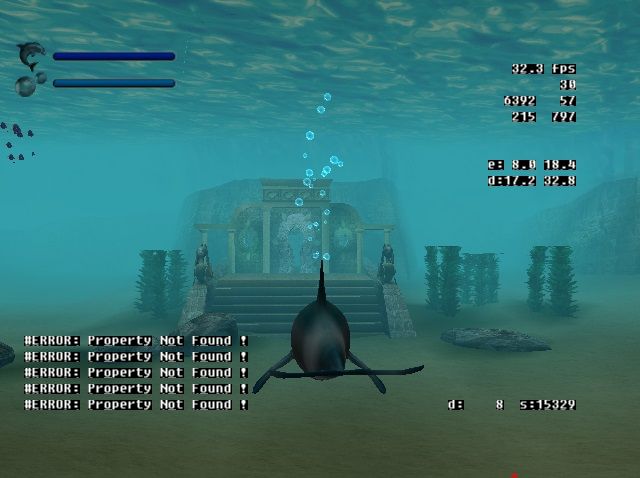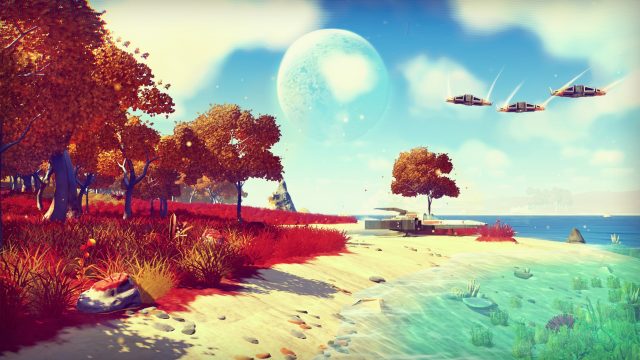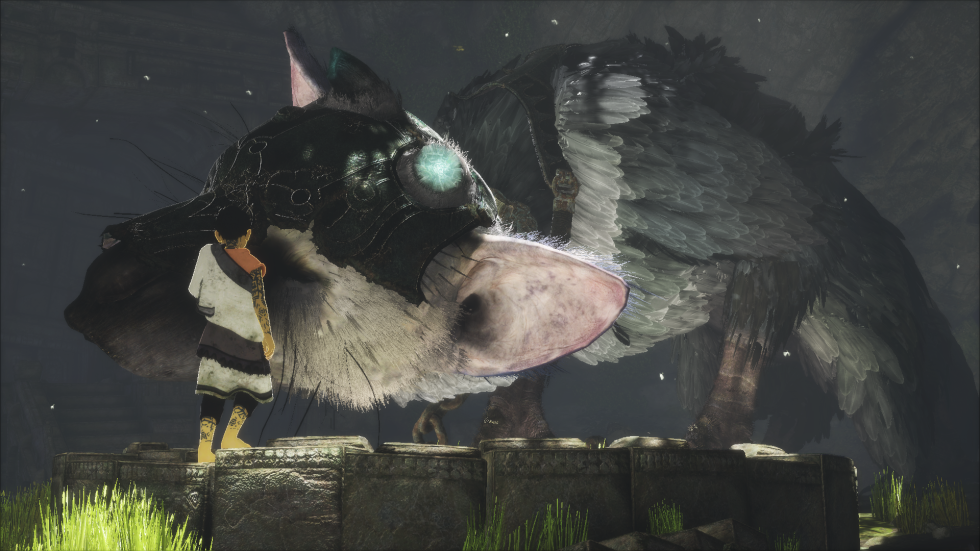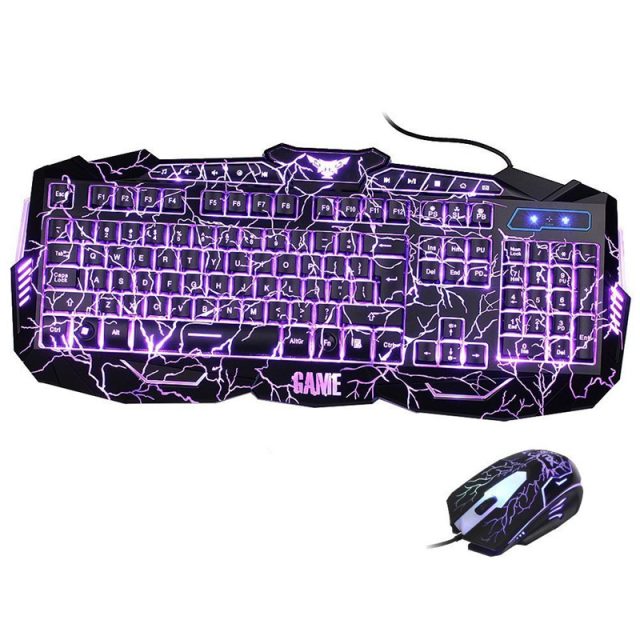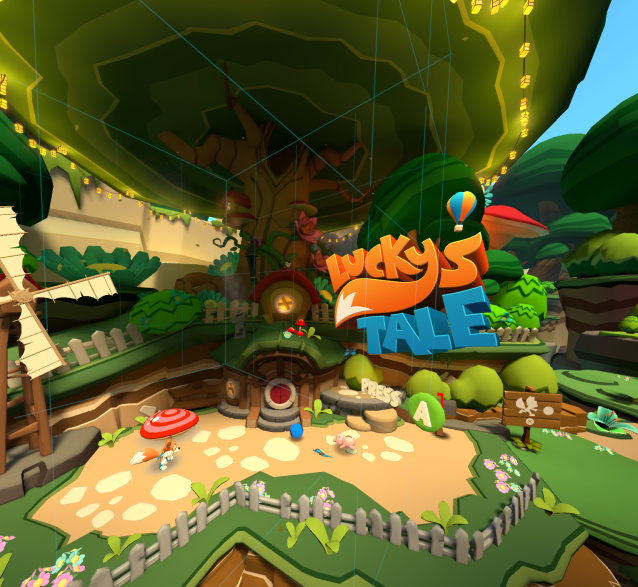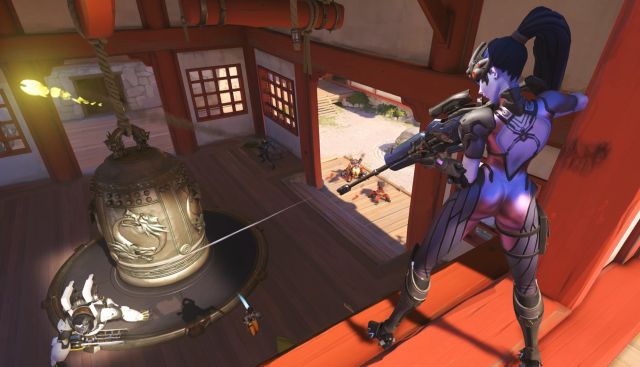
Don't avoid me because I'm lethal.
File this in the "department of unintended consequences." Blizzard has announced that it is removing the "Avoid this player" feature from online shooter Overwatch, partly because it was isolating players that opponents thought were playing too well.
In an announcement earlier today, Blizzard said the Prefer/Avoid player feature system "was designed with the best intentions; however, it's not currently performing in a way that we feel is healthy for the game." While the ability to note that you prefer beneficial players is working as intended, the ability to avoid "problem" players "has impacted the matchmaker in [a] negative way and led to some very poor player experiences."
Game Director Jeff Kaplan went into much more detail on the change (and matchmaking in general) in a long post about the matter yesterday. The following anecdote about what happened to a highly skilled Widowmaker player explains the situation beautifully, so we'll just quote it here in full:
